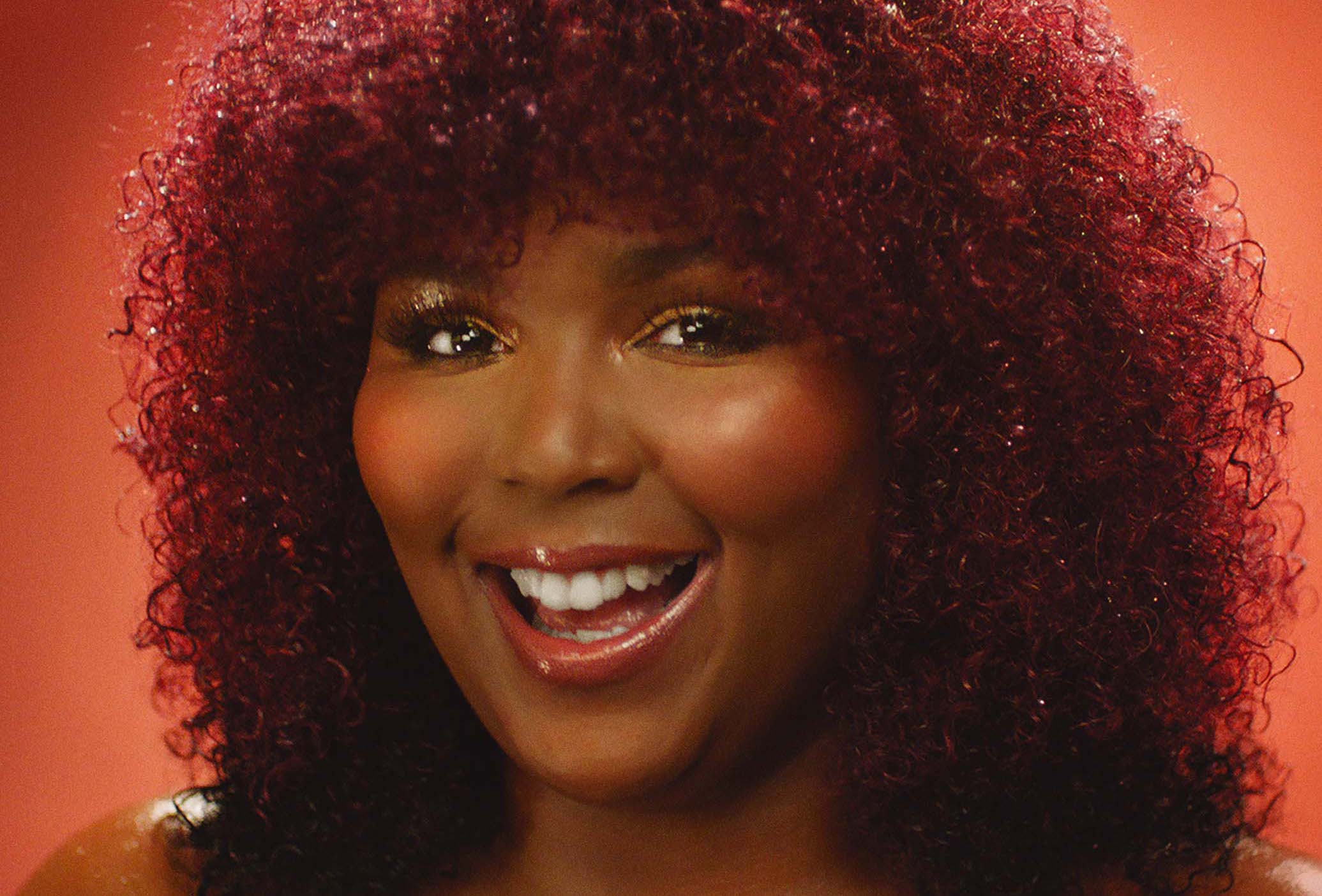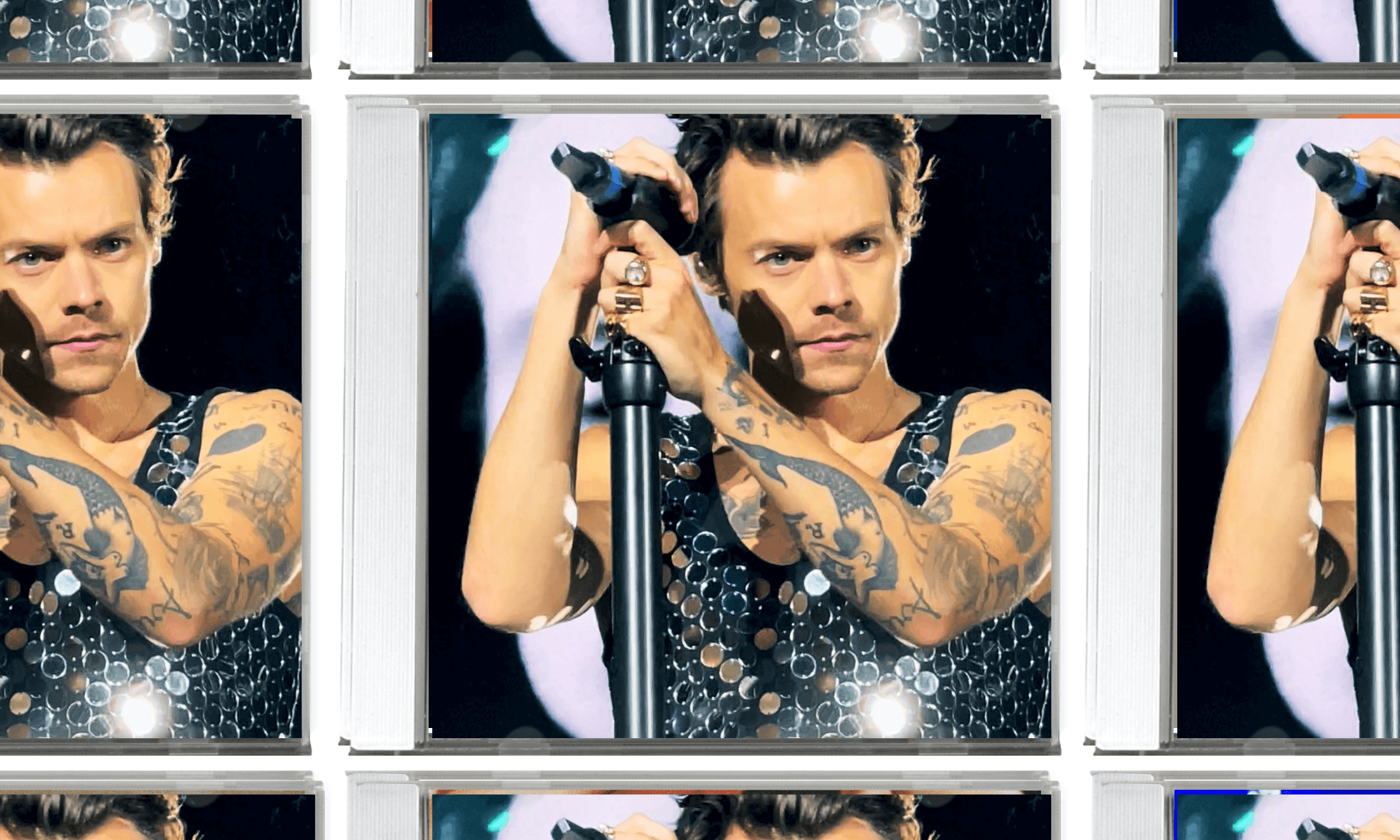
If she wasn’t on your musical radar before, chances are Melissa Jefferson – better known as Lizzo – definitely is now. The Minneapolis-based artist has had a momentous past year, rising to new heights with her own brand of genre-defying empowerment that emanates not only from the music, but from Lizzo herself. A long-time cult favourite, Lizzo’s success, perhaps not coincidentally, has coincided with a rise in feminism, political activism and the body-positivity movement. Clearly, her message has struck a chord, particularly with other women of colour. With her ever-growing prominence, Lizzo has deservedly transcended the fringe and firmly staked a place within mainstream culture.
I first came across Lizzo in 2014 when she performed a live televised version of her single ‘Batches and Cookies’ on the BBC, and was struck by the pure energy she brought to such an intimate performance. Though often placed under the umbrella category of hip-hop, Lizzo’s music shows so much versatility that attempting to define her by a singular genre would be a disservice. Since emerging on the scene in 2013 with her debut album Lizzobangers, the singer has given us a range of music including relatable rap tracks (‘Phone’), trap-inspired beats (‘Ain’t I’), and feel-good, empowering pop ballads (‘Good As Hell’). Each track is recognisably “Lizzo”, if only through the unique lyricism – quick-witted, honest and inclusive – that sets her apart from anyone else. ‘Boys’, undoubtedly one of the songs of last year, is a shining example of that, with lyrics like, “from the playboys to the gay boys, go and slay, boys, you my fave boys.”
It’s through these lyrics that Lizzo has come to be a voice for the disenfranchised in society. 2018 was a year of political turmoil and, as 2019 seems set for more of the same, it feels an important time for musicians and entertainers to stand in solidarity with the most marginalised. Lizzo has undoubtedly become of those musicians, connecting with women and queer communities in particular. In an interview with NME last summer, she credited her queer allyship to the fact that “we’ve all felt marginalised. We’ve all felt the same type of struggle and identity crisis and unsure footing in a society that tells us we’re not good enough and not the standard”.
Beyond the music, Lizzo has skilfully used social media to connect with her fans and to continue to promote her message of individuality and self-love. She is very active, regularly posting videos, photos and encouraging reminders of self-love to her (at the time of writing) 107k Twitter and 359k Instagram followers. She seems to genuinely enjoy using her increased visibility to spread her positivity wider and, by simply being authentic, she has organically attracted more and more fans.
As a plus-sized black woman, Lizzo’s importance for the body-positive movement cannot be understated. She is the living, breathing antithesis of body-shaming and has grown into a vital role-model for people who struggle with loving their own bodies. On social media and in her music videos she proudly displays her body with enviable confidence and is often joined on stage with her charismatic backing dancers, the so-called “Big Grrrls”who are all plus-size dancers. Lizzo has previously taken to Twitter to shut down body-shamers and to educate them and other followers on the body-positive movement.
Lizzo is increasing representation for fat, black bodies and that appears to be resonating with fans. Whether intended or not, Lizzo continues to break pervasive stereotypes about what it means to be a big, black woman in music. From being a black woman in hip-hop who plays the flute to being plus-sized and loving her body, Lizzo is having a profound impact purely by existing in the entertainment industry.
That was made obvious when last October a video of Lizzo playing the flute then hitting the shoot (a popular dance move in 2018) went viral online. Any preconceived ideas that classical instruments and hip-hop culture are mutually exclusive were smashed. To quote Lizzo, “HAVE U EVER SEEN A BITCH PLAY FLUTE THEN HIT THE SHOOT?” As a black woman who draws inspiration from hip-hop and its sub-genres, many were surprised to learn that Lizzo plays the flute and that she incorporated it into her music and live show. Issues like classism and racism have traditionally upheld the idea that the playing of classical instruments is inherently “white”. And while flutes often make an appearance in hip-hop and trap tracks – Future’s ‘Mask Off’, for example – seldom has a mainstream black hip-hop artist made the instrument front and centre by playing it themselves on stage. Lizzo was skilfully able to make two seemingly divergent worlds combine with such energetic fearlessness, and she has single-handedly proven that regardless of race, age, background or any other facet of identity, anything is possible.
What started as ripples have now become waves as Lizzo continues to make huge strides in music on an international stage. Her positivity and unabashed confidence saw her thrive as an artist in 2018, becoming significant not only in terms of music, but for wider society as a whole. Lizzo is the beacon of light that was needed in the music industry, and – if the release of her new single ‘Juice’, just four days into the year, is anything to go by – her 2019 looks extremely bright.








